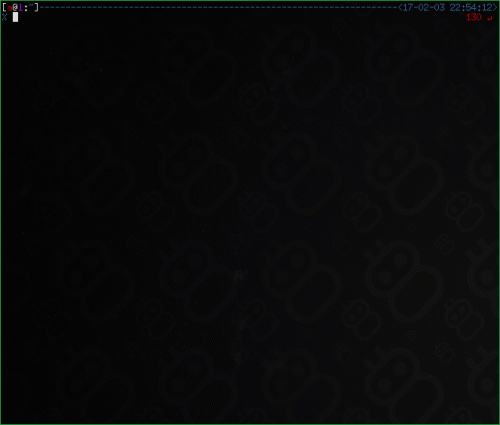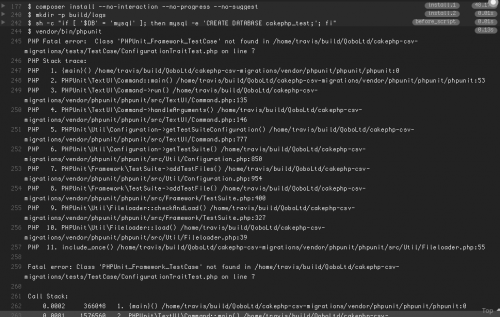wuzz – interactive cli tool for HTTP inspection.
Month: February 2017
Visualising complex APIs using API Map
Suhas Chatekar explains how they use API maps to visualizing complex APIs, resources those API expose and how those resources relate to each other.
If only there was a tool that would help with this …
Things Every Hacker Once Knew
Eric Raymond goes over a few things every hacker once knew.
One fine day in January 2017 I was reminded of something I had half-noticed a few times over the previous decade. That is, younger hackers don’t know the bit structure of ASCII and the meaning of the odder control characters in it.
This is knowledge every fledgling hacker used to absorb through their pores. It’s nobody’s fault this changed; the obsolescence of hardware terminals and the near-obsolescence of the RS-232 protocol is what did it. Tools generate culture; sometimes, when a tool becomes obsolete, a bit of cultural commonality quietly evaporates. It can be difficult to notice that this has happened.
This document is a collection of facts about ASCII and related technologies, notably hardware terminals and RS-232 and modems. This is lore that was at one time near-universal and is no longer. It’s not likely to be directly useful today – until you trip over some piece of still-functioning technology where it’s relevant (like a GPS puck), or it makes sense of some old-fart war story. Even so, it’s good to know anyway, for cultural-literacy reasons.
The article goes over:
- Hardware context
- The strange afterlife of the outboard modem
- 36-bit machines and the persistence of octal
- RS232 and its discontents
- UUCP, the forgotten pre-Internet
- Terminal confusion
- ASCII
- Key dates
Found via a couple of other interesting bits –
What we still use ASCII CR for today (on Unix) and
How Unix erases things when you type a backspace while entering text.
Defensive BASH Programming
If you write any Bash code that lasts more than a day, you should definitely read “Defensive BASH Programming” and follow the advice, if you haven’t already. It covers the following:
- Immutable global variables
- Everything is local
- main()
- Everything is a function
- Debugging functions
- Code clarity
- Each line does just one thing
- Printing usage
- Command line arguments
- Unit Testing
All that with code examples and explanation of importance.
Preparing for the PHPUnit 6 and PHP 7
If you woke up today and found that most of your PHP projects’ and libraries’ tests break and fail, I have news for you: you are doing something wrong. How do I know? Because I was doing something wrong too…
First of all, let me save you all the extra Googling. Your tests are failing, because a new major version of PHPUnit has been released – version 6.0.0. This version drops support for PHP 5 and, using the opportunity of the major version bump, gets rid of a bunch of stuff that was marked obsolete earlier.
But why does it fail, you ask. Well, because PHPUnit is included in pretty much every composer.json file out there. And the way it’s included is almost always is this:
"require-dev": {
"phpunit/phpunit": "*",
}
PHPUnit being a part of pretty much every composer.json file, is probably the reason why people want to be much more relaxed with the used version, than with any other component of the system. That’s usually good. Until it breaks, much like today with the release of the PHPUnit 6.
How can you fix the problem? Well, the quickest and the easiest solution is to update the composer.json with “^5.0” instead of “*”. This will prevent PHPUnit from upgrading until you are ready.
While you are doing it, check the other dependencies and make sure that none of them are using the asterisk either. Because, chances are, the exact same problem will happen later with those too.
The only difficult bit about this whole situation is the correlated drop for the PHP 5 support. Yes, sure, it has reached its end of life, but there are still a lot of projects and environments that require it, and will require it for a lonweg time.
As you are the master of your code and dependencies, other people are of their own. So you can’t really control when each of your dependencies will update the requirement for the PHPUnit 6, or any other tool that requires PHP 7.
On the bright side, major releases of PHP don’t happen that often, so this shouldn’t be the frequent problem.


